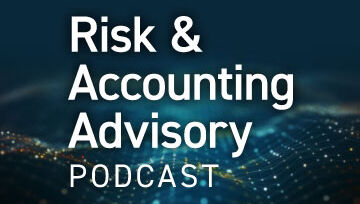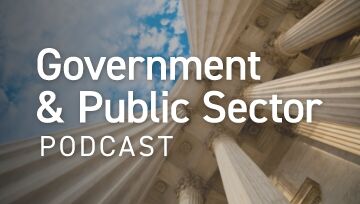Robust Lease Accounting Processes for Maximizing Business Efficiency and Minimizing Risk
The release of lease accounting standards such as ASC 842, GASB 87 and IFRS 16 has made it crucial for businesses to have strong lease accounting processes. These processes involve managing lease agreements, recording lease information, and complying with accounting standards to avoid penalties and legal issues. By implementing lease accounting processes, businesses can benefit from financial transparency, better-informed decision-making, and reduced administrative and operational burdens.
Key Benefits of Strong Lease Accounting Procedures
By having a clear understanding of all lease terms, businesses can better manage their leases and mitigate risks associated with leasing, such as lease terminations, renewals, and inaccurate accounting. Additionally, mature lease accounting processes can streamline lease management, reduce administrative burdens, and improve overall efficiency, which can save time and money. This can be particularly beneficial for organizations that have a large number of leased assets or properties, like government entities or retail, and distribution. By improving efficiency, businesses can reduce their operational costs and improve their profitability.
Technology-Driven Solutions
Cherry Bekaert offers assistance in implementing lease accounting processes and IT system solutions through strategic alliances such as LeaseCrunch and FinQuery. With Cherry Bekaert's dedicated team of professionals, businesses can navigate the lease accounting standard changes and approach implementation with confidence.
Next Steps: Lease Accounting
To implement the new standard, businesses should perform an inventory of all leases, evaluate the impact on historical financial statements, and proactively work with their bank to discuss the impact on loan covenants. By engaging the right advisor and implementing lease accounting processes, businesses can comply with accounting standards, accurately report lease information, and make better-informed decisions.
- Performing an inventory of all leases: Begin gathering all lease-related documents to identify the key assumptions necessary to implement the new standard.
- Evaluating the impact: Recast your historical financial statements using the new lease model so you can consider the impact on compliance with agreements tied to your entity’s financial statements.
- Proactively work with your bank: Talk with your bank to discuss the impact on loan covenants and consider whether new or amendments to existing debt agreements are required.










